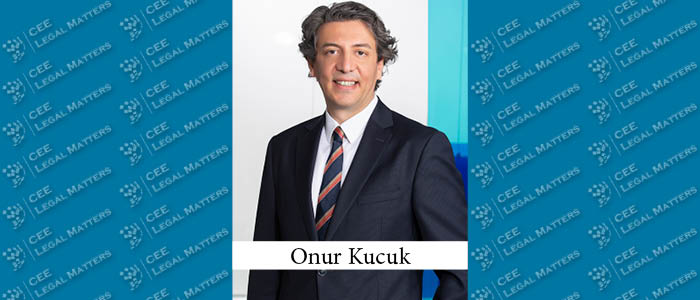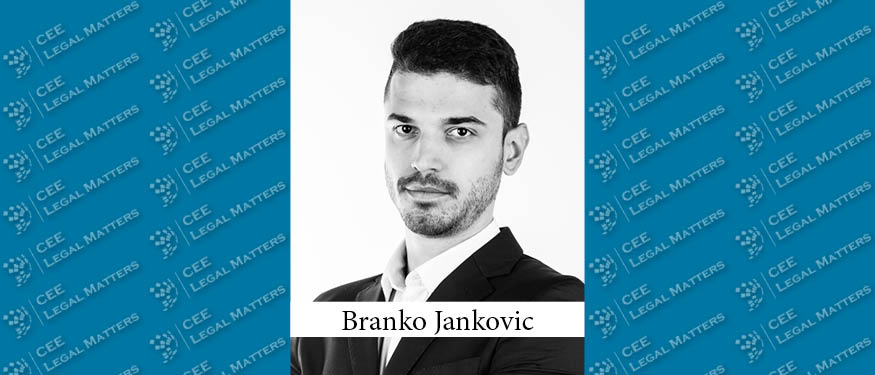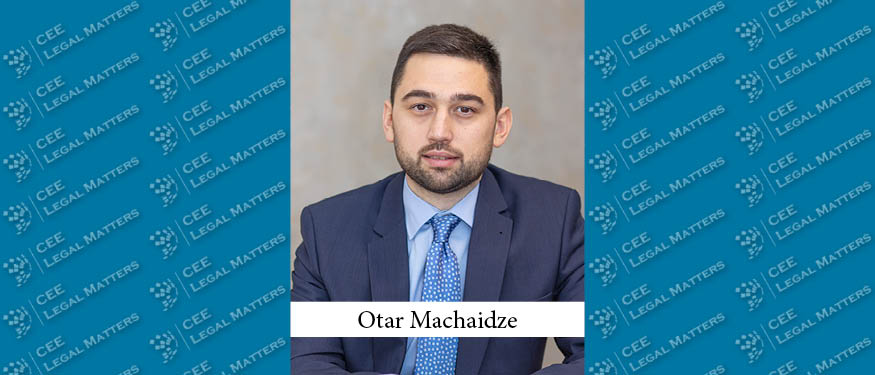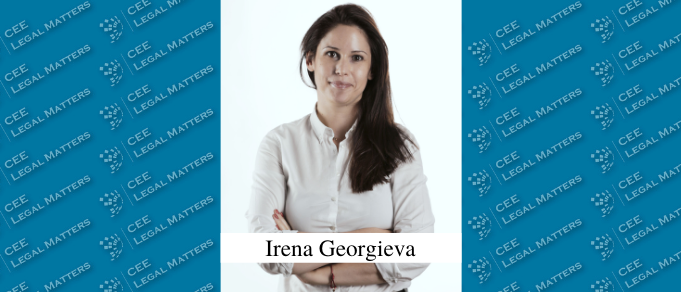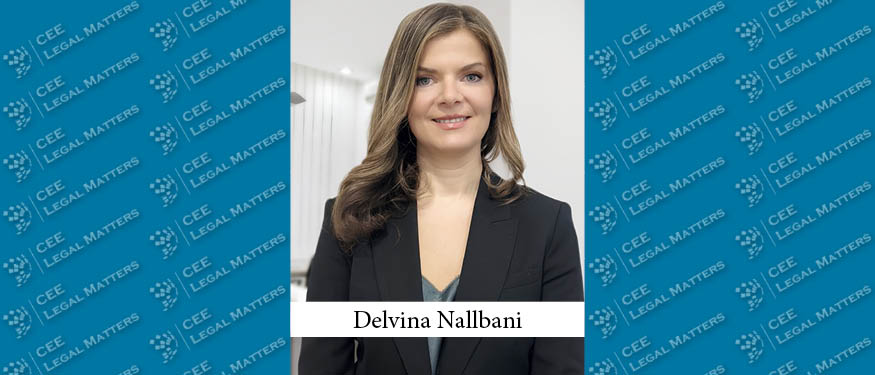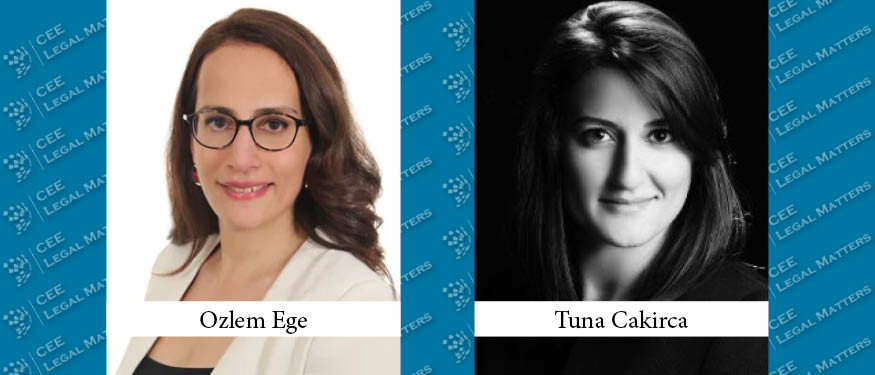The issue of how to ensure the longevity of family businesses remains as topical all over the world as it is in Turkey. When we look at the statistics, we see that family businesses have an extremely high percentage in Turkey as well as all over the world.
The adoption of corporate governance principles by family businesses enables them to become an independent structure and ensures their longevity and paving the way for the next generations to continue successfully by preserving the company's legacy.
As per the datas from the Borsa Istanbul Public Disclosure Platform Central Registry Agency, we observe that the average lifespan of publicly traded companies is longer than that of other companies.
One of the most important steps to be taken for the institutionalization of family businesses and to protect the independence and transparency of the company beyond the personal interests of family members is the appointment of independent and competent non-family senior managers.
Furthermore, it is observed that family-owned companies are also adopting the public offering method as they take steps towards institutionalization.
In recent years, the question "Can venture capital investment funds, which are on the agenda with their tax advantages and transparent structure, be a solution for the structuring and institutionalization of family businesses?" has been frequently raised.
A Venture Capital Investment Fund ("VCIF") can be defined as an unincorporated asset established for a period of time by portfolio management companies and venture capital portfolio management companies for the purpose of managing a portfolio of assets and transactions determined by the Capital Market Board (“CMB”) in accordance with the principles of fiduciary ownership for the account of shareholders with the money collected from qualified investors in return for participation shares.
VCIF may only be established by portfolio management companies and venture capital portfolio management companies. As the founder, the portfolio management companies are responsible for the representation, management and supervision of the management of the VCIF. Briefly, the VCIF is professionally managed by portfolio management companies subject to CMB rules.
Berna Sema Yiğit Sevindi, General Manager of Gri Portföy Yönetimi Anonim Şirketi, lists the advantages of the VCIF as follows;
• Fund assets are separate from the assets of portfolio management companies, custodian institution and portfolio manager.
• Fund assets cannot be seized, injunction cannot be placed on them and fund assets cannot be included in the bankruptcy estate, even in cases where the PMC or the custodian goes bankrupt or their management and supervision are taken over by public institutions.
• The assets of the fund are held by custodian institutions and transactions on behalf of the fund are carried out under the supervision of the custodian institution (the bank). In addition, expenditures from the fund are also approved by the custodian institution (signed by a senior authorized person).
• They operate under the supervision of the CMB and in the light of rules governed by legal regulations. Fund shares held by investors are tracked at the Central Registry Agency.
The main activity of a VCIF is to operate a portfolio of venture capital investments, and at least 80% of its total value must be composed of one or more venture capital investments. VCIF may also be established on a closed basis as private or company-specific; they may sell their participation shares only to qualified investors.
What are Venture Capital Investments?
• Partnerships made through capital transfer or share transfer to venture capital companies or the establishment of a venture capital company itself,
• Financing support provided as a mix of investment in debt instruments issued by venture capital firms, debt and equity financing,
• Direct investments or partnerships in joint companies especially established in Turkey and abroad to make capital investments in venture companies defined in the Communiqué,
• Investment in capital market instruments issued by venture capital investment trusts
Purchase of shares of other venture capital investment funds.
How is the Organizational Structure?
Firstly, the governance of the VCIF is strictly regulated under the legislation. VCIF may be managed by the Founder's board of directors, or an Investment Committee may be established within the VCIF. The Investment Committee shall include members who have the qualifications specified in the relevant legislation, but external members may also be appointed.
In addition to the members appointed by the founder, the Investment Committee may also include members appointed by family companies. Thus, family members can also be on the Investment Committee and have a say in the fund's investments. This prevents the founder from having sole control in closed-loop VCIF that invest in family businesses.
The members appointed to the Investment Committee together with family members by the portfolio management company shall be responsible for the control and management of the VCIF and the companies in which the VCIF invests.
In this way, the qualified investor of the relevant VCIF will consist of family members, the relevant VCIF will become the shareholder of the family business, and the family business will be managed in a transparent and institutionalized structure, as the Investment Committee of the VCIF includes both family members and members appointed by the Founder.
In short, professionals indirectly have a say in the family business and the "appointment of professional members to the board of directors" recommended for family businesses is automatically achieved.
The family-owned company in which the VCIF holds a stake continues its operations by adopting corporate governance principles. Family members become qualified investors in the VCIF and may also have a say in the investments to be made by serving on the investment committee.
What happens when the VCIF expires?
Considering the continuity and sustainability of family businesses, the assets in the fund and the venture firms may be offered to the public when the VCIF expires. In fact, it can be said that the establishment of a VCIF may be a preparatory stage for the IPO (initial public offering) of family businesses. For companies that do not want to be offered to the public, the fund may be liquidated.
It should be emphasized that during the VCIF, the first steps are taken to establish a corporate identity in family businesses, and at the end of the day, family businesses complete their transformation from a company "managed by family members" to a company managed in a "corporate manner".
Tax Advantages
The relationship between family businesses and VCIF not only contributes to family businesses in terms of corporate governance, but also provides family members with attractive tax advantages that cannot be ignored. While full taxpayer real persons pay an effective income tax of nearly 20% on dividends from companies in which they are direct shareholders, they pay 0% withholding tax on dividends from VCIF, 0% withholding tax on earnings from venture capital investment funds held for more than two years, and 10% withholding tax if the investment period is shorter than two years.
According to Article 325/A of the Tax Procedure Law, Full Taxpayer Corporate Taxpayers, Income Taxpayers and Corporate Taxpayers can deduct the amount of their investments in VCIF from their corporate income, not exceeding 10% of their income / corporate earnings and 20% of their equity. The conditions are; (i) investing in venture capital funds established or to be established in Turkey and subject to the CMB and (ii) the amount of funds allocated in the relevant year should not exceed 10% of the declared income and the total fund amount should not exceed 20% of the equity. The allocated fund amount should be shown separately in the corporate tax return of the relevant year.
VCIF investments of firms in Technology Development Zones and R&D (research and development) Design Centers;
Pursuant to the "Law No. 7263 on the Amendment of the Technology Development Zones Law and Certain Laws" published in the Official Gazette No. 31384 on 03/02/2021; taxpayers in Technology Development Zones / R&D Design Centers have been required to invest in venture capital investment funds as of 01/01/2022.
For corporate taxpayers with a deduction amount of TRY 1.000.000 or more, 2% of this amount is monitored in a temporary account in liabilities and this amount is required to be transferred as capital to entrepreneurs operating in venture capital investment trusts or incubation centers or to purchase venture capital investment fund shares established to invest in entrepreneurs residing in Turkey until the end of the year in which the temporary account is established. The amount obligation to be transferred within this scope is limited to TRY 20.000.000 on an annual basis.
If the amount is not transferred until the end of the relevant year, twenty percent of the amount deducted from the annual declaration under this Law will be subject to tax.
In light of all this information and justifications, it cannot be ignored that VCIF offer an effective structure for the institutionalization of family businesses. While the process of preparing for a direct public offering may be more challenging, especially for family members who do not favor an IPO, in some companies, corporate governance principles are not put on the agenda in the short term by family members who are far from the idea of an IPO.
Why shouldn't it be attractive to simplify the process, to institutionalize the company, to benefit from tax advantages and simultaneously make other lucrative investments by being guided by professionals?
By Onur Kucuk, Managing Partner, KP Law

